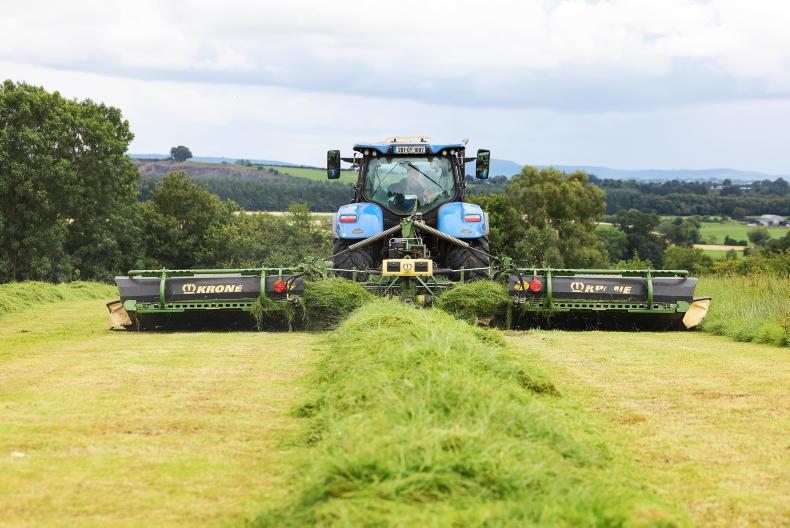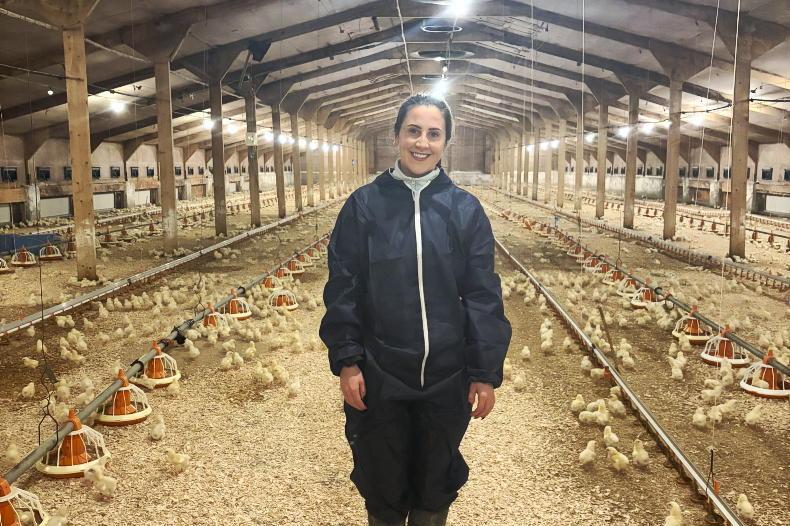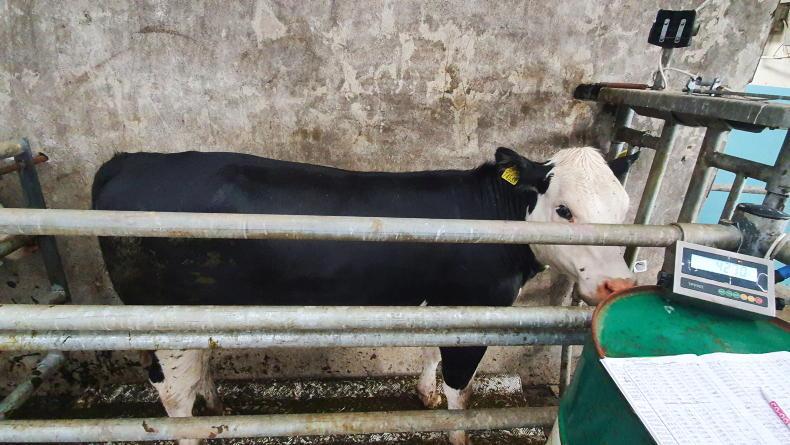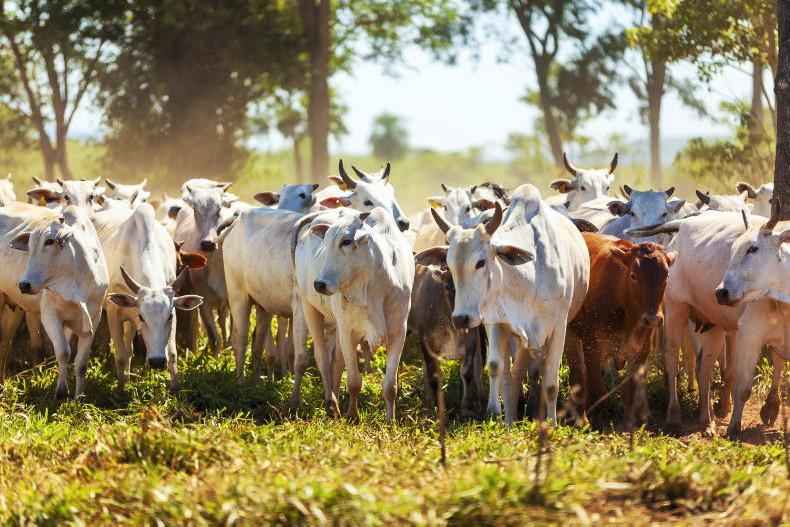Minister for Agriculture Charlie McConalogue stated that a national biomethane strategy should be published by September of this year, with consultants currently putting the plan together.
The strategy is to set out how the anaerobic digestion (AD) sector will develop and give guidance to the Government’s target to have around 200 digesters giving out one tenth of the nation’s gas needs by 2030.
Minister McConalogue said that the strategy will give farmers the opportunity to diversify their businesses, as the plants will be fed primarily with grass as a feedstock.
The Minister also suggested that the plants could help farmers managing slurry, as slurry will be fed into them once operational.
Strategy
“We’ll have a strategy by quarter three of this year. We are working closely with the Department of Climate on it,” the Minister told the Joint Oireachtas Committee on the Environment on Thursday.
“That will offer real potential then for farmers to grow grass to feed the anaerobic digesters and our target in the climate action plan is that by 2030, 10% of our total national gas needs, gas requirements will be sourced from anaerobic digestion.
“What you would have then is farmers in a locality growing grass crops in a sustainable manner, growing grass crops to feed anaerobic digestion plants, which will feed biomethane gas.
“Some farmers involved in others sectors at the moment could decide this is something they want to do.”
The Minister also stated to the committee that a voluntary dairy cow reduction scheme could open as soon as 2024 to aid dairy farmers in their efforts to diversify and cut emissions.
Environmental concerns
Separately, Sinn Féin MEP Chris McManus raised issues surrounding the development of a biogas plant in Gort, Co Galway, in the European Parliament.
The MEP tabled an amendment to legislation which would require AD plants to advance communities around proposed sites.
McManus cited concerns raised by members of the locality around the planned plant in Gort.
“The local community have been fundraising for a judicial review of An Bord Pleanála’s decision to grant planning permission for the plant and I want to commend them for their efforts to halt this totally unsuitable development,” he said.
“There is a long list of legitimate concerns if this proposed development goes ahead.”
The concerns relate to the plant’s possible impact on the town and the environment, particularly with regard to special areas of conservation (SACs).
“It could have a devastating impact on the daily lives of people in the local community and poses a threat to the local environment given that the plant is located right beside the Gort River and nearby SACs,” McManus commented.










SHARING OPTIONS